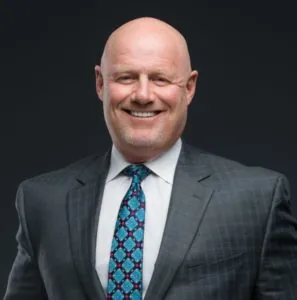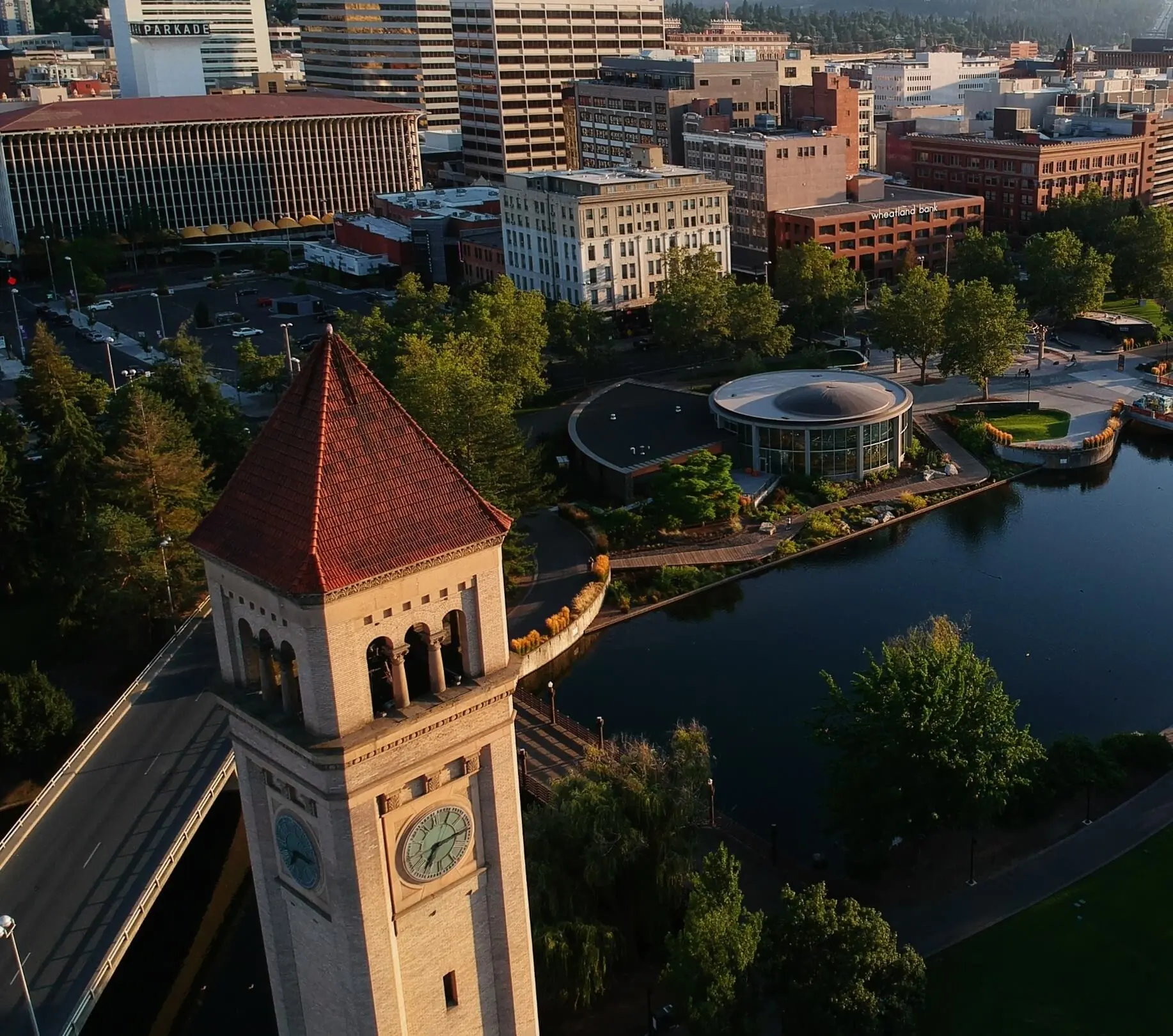Spokane County Guardianship Attorneys
Are you facing a difficult guardianship situation in Spokane County? We understand that this can be a challenging and emotional time for you and your loved ones. At Crouse Erickson, our compassionate and experienced Spokane County guardianship lawyers are here to provide you with the guidance and support you need. Whether you are seeking guardianship for a minor child, an adult with disabilities, or an elderly family member, we will work tirelessly to protect their best interests. If you need assistance with a guardianship matter in Spokane County, contact Crouse Erickson today for a consultation.
Contact Us Today For A Consultation
Spokane Spokane County Guardianship Guide
- Why Choose Crouse Erickson
- Understanding Guardianship in Spokane County
- The Role of a Guardianship Attorney
- Advantages of Hiring a Spokane County Guardianship Attorney
- Contact Crouse Erickson for Your Guardianship Needs
Why Choose Crouse Erickson
Legal guardianship is a critical responsibility that ensures the care and well-being of a minor child or incapacitated adult. At Crouse Law Group, we have over 30 years of experience guiding families through the complex guardianship process in Spokane County. Whether you are seeking to become a guardian for a loved one or need assistance with guardianship disputes, our dedicated legal team is here to provide the skills and compassionate support you need.
Guardianship cases involve both legal and emotional challenges. Perhaps you are stepping in to care for a minor whose parents are unable to provide for them or helping an elderly or disabled relative who can no longer make independent decisions. No matter your specific situation, we understand that guardianship matters require thoughtful and strategic legal representation. Our firm works diligently to ensure that all legal requirements are met while prioritizing the best interests of those in need of protection.
With decades of experience in Washington family law, we have successfully handled guardianship cases involving minors, adults with disabilities, and elderly individuals requiring assistance. We take a personalized approach, ensuring that you understand your legal rights and responsibilities while developing a plan that best serves your loved one’s future.
At Crouse Law Group, we are committed to making the guardianship process as smooth and stress-free as possible. If you need a trusted Spokane County guardianship attorney, contact us today. Let our skills and experience help you provide the security and stability your loved one deserves.
Our Spokane office is conveniently located north of I-90 and southwest of the Spokane convention center at:
601 W. Main Ave
Suite 1100
Spokane, WA 99201
Understanding Guardianship in Spokane County
When it comes to guardianship in Spokane County, it is essential to have a clear understanding of what this status entails. A guardianship is a legal relationship that grants an individual (the guardian) the authority and responsibility to make decisions on behalf of someone unable to make decisions for themselves (the ward).
A guardianship may be appropriate in situations where the ward is a minor, an adult with disabilities, or an elderly person who is unable to care for themselves. A guardianship is appointed by the court, at which point the guardian becomes legally responsible for making decisions related to the ward’s personal care, healthcare, education, and finances. The court’s primary concern is the well-being of the ward, and it strives to appoint a guardian who will act in their best interests.
The Role of a Guardianship Attorney
The ins and outs of a legal guardianship case can be overwhelming, which is why having a knowledgeable Spokane County guardianship attorney from our firm by your side is imperative. A skilled Spokane County guardianship lawyer from our firm will advocate for your rights and the best interests of the ward throughout the entire process. They will guide you through the legal requirements, paperwork, and court proceedings, ensuring that all necessary steps are taken to establish guardianship in Spokane County.
Advantages of Hiring a Spokane County Guardianship Attorney
Hiring a Spokane County guardianship attorney has numerous advantages that can significantly impact the outcome of your case. Here are some reasons why having legal representation is essential:
- Skilled Guidance: Guardianship lawyers are well-versed in this area of law and have extensive knowledge and experience handling guardianship cases. They will provide you with skilled guidance and ensure that you understand your rights and obligations as a guardian.
- Overseeing the Legal System: Guardianships are subject to strict legal requirements and ongoing obligations. Failing to comply with these requirements can have significant legal consequences. The legal process can be challenging and overwhelming, especially for individuals who are not familiar with the system. Our Spokane County guardianship lawyers will handle the legal system on your behalf, ensuring that all documentation is filed correctly, deadlines are met, and court appearances are scheduled. This will help to protect the guardianship and avoid any potential pitfalls or complications down the line.
- Protection of the Ward’s Best Interests: One of the primary responsibilities of a guardian is to act in the best interests of the ward. Your attorney will help you fulfill this duty by providing advice, advocating for the ward’s rights, and ensuring that their needs are met.
- Conflict Resolution: In some cases, disputes may arise among family members or other parties involved in the guardianship. Your lawyer can help mediate these conflicts and seek resolutions that are in the best interests of the ward.
- Maximizing the Chance of Success: Our Spokane County guardianship lawyers understand how to present your case in the best possible light to increase the chances of obtaining guardianship. They know the factors that influence a judge’s decision and can help build a strong case on your behalf.
By hiring a Spokane County guardianship attorney from our firm, you can ensure that the process is handled efficiently, effectively, and with the utmost care and consideration for the ward’s well-being.
Contact Crouse Erickson for Your Guardianship Needs

If you find yourself in need of a guardianship attorney in Spokane County, look no further than Crouse Erickson. Our team of dedicated attorneys has extensive experience in handling guardianship cases and is committed to providing compassionate guidance and support to our clients.
To learn more about how our Spokane County guardianship attorneys can assist you, contact us today at (509) 624-1380 for a consultation. Let us help you through the legal process and ensure that the best interests of your loved ones are protected. Trust Spokane family law attorneys at Crouse Erickson to provide you with the reliable legal representation you need during this challenging time.







